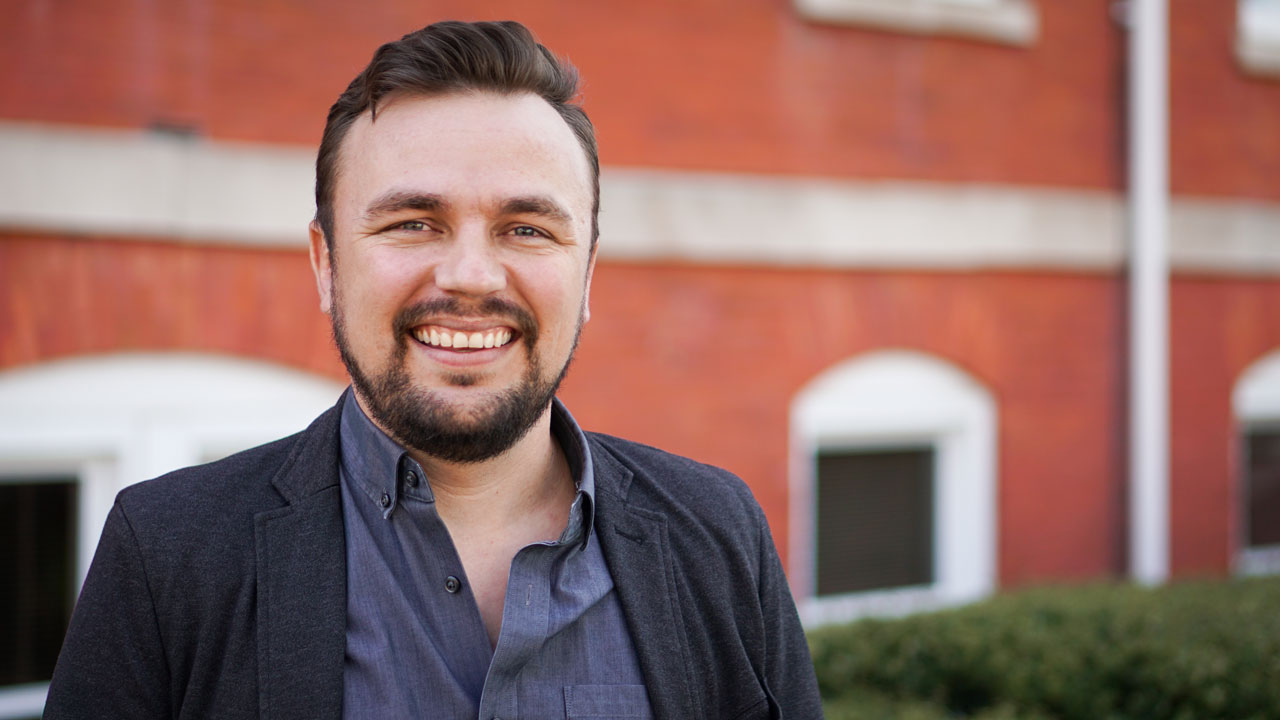CHEN professor earns $1.87M NIH award to further vaccine research
Published: Aug 29, 2022 1:15 PM
By Cassie Montgomery
The future of vaccine development is going to be faster, cheaper and more geared toward the needs of the developing world. The technology behind the vaccines of the future will be impacted by the work of Chris Kieslich, assistant professor of chemical engineering.
Kieslich is the Department of Chemical Engineering’s latest recipient of the Maximizing Investigators’ Research Award (MIRA) from the National Institute of General Medical Sciences, a branch of the National Institutes of Health.
“Dr. Kieslich is very deserving of the highly competitive and distinguished MIRA award,” said Mario Eden, the Joe T. and Billie Carole McMillan Professor and chemical engineering department chair. “As we have all experienced recently, the ways in which vaccines are researched, developed and produced in today’s world are of utmost importance and the work that will be done in Dr. Kieslich’s lab, thanks to this award, will greatly improve the landscape for vaccine availability and accessibility in the years to come. The Department of Chemical Engineering is very proud of Dr. Kieslich and this achievement.”
Kieslich’s five-year, $1.87 million award for his work titled “Development of computational tools for accounting for host variability in predicting T-cell epitopes” marks the department’s third MIRA in two years, alongside assistant professors Panagiotis Mistriotis and Robert Pantazes.
“What we’re working on through computation is making tools that would be useful for designing new vaccines with a variety of applications that could be developed faster or cheaper because they’re easier to produce and store,” Kieslich said. “In very basic terms, we are developing tools that understand the interactions between a pathogen, such as a virus or bacteria, and the receptors in the immune system.”
Kieslich directs Auburn’s Biomolecular Systems Modeling and Design Group, or “Bio Mod Squad” for short. The MIRA funding will allow his research team stability and flexibility to enhance scientific productivity and the chances for important research breakthroughs.
“Take COVID for example. So much of the data we have is from the Western world and because of that, the models perform very well for people of those genetic backgrounds but not so much with other parts of the world,” he said. “Part of what we’re trying to do is develop our models in a way that will allow us to make it accessible for larger parts of the population.
“Having a platform or a way of developing vaccines that can be tailored for a specific population or individual is a huge possible outcome of our research but we’re really starting at the basic science,” he added.
Kieslich’s proposed work builds on his graduate and post-graduate studies looking at the immune system and developing personalized pharmaceutical treatments to specific diseases, such as HIV.
“This award is the kind that changes everything overnight,” he said. “It’s amazing that there are three of us now. Not many places can say that they have three, let alone in the same department. I think these awards might help us attract students, postdocs and maybe even faculty working in these areas. It’s quite a good feeling.”
Media Contact: , cmontgomery@auburn.edu, 334.844.3668
Chris Kieslich

